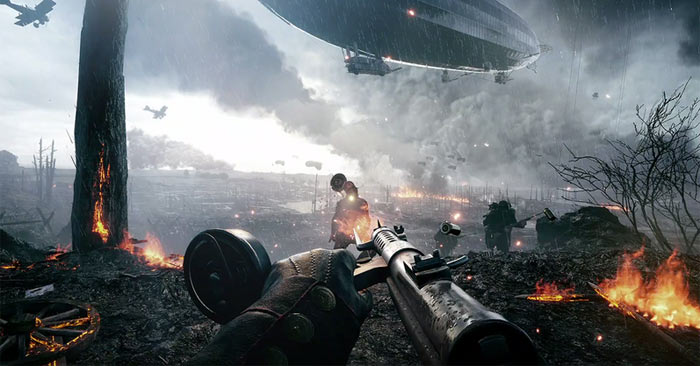Back in 2012 there was an academic study published that linked computer FPS gaming to improved marksmanship in real life. Such a correlation might have made sense, and given teens an excuse for extended gaming sessions - "Leave me alone mom, I'm training for the army!" However the report, originally published online by the Communications Research Journal, has now been retracted due to data "irregularities".
The 2012 study was called 'Boom, Headshot!: Effect of Video Game Play and Controller Type on Firing Aim and Accuracy'. You can read an archived version of the report, by Ohio State University prof Brad Bushman and Jodi Whitaker, his Ph.D. student at the time, here.
In summary the report found that people who had recently played a violet shooting game which rewarded headshots could in 'real life' outperform non-violent non-shooting game players by gaining 99 per cent more headshots in range practice. The report concluded that "Habitual exposure to violent shooting games also predicted shooting accuracy. Thus, playing violent shooting video games can improve firing accuracy and can influence players to aim for the head." In other words violent shooting games were said to be effectively 'murder simulators'.

Ohio State University's retraction of the 2012 academic study was done in response to inquiries from Drs. Markey (Villanova Uni) and Elson (Ruhr Uni Bochum), in agreement with the author Dr. Bushman. Markey and Elson alerted OSU of "irregularities in some variables of the data" in the 2012 study, in January 2015. Unfortunately the original data sets have been unavailable for any kind of confirmation work (due to the Turkish coup attempt), so without support for the findings the 'Boom, Headshot!' study has been retracted, for now. The retraction doesn't necessarily mean that the original findings are wrong or would be very different to those published, asserted an OSU spokesperson.
Motherboard magazine notes that another study of Dr Bushman's, 'Like a Magnet: Catharsis Beliefs Attract Angry People to Violent Video Games' (2010), had to be corrected last year when data set rounding errors were discovered.













